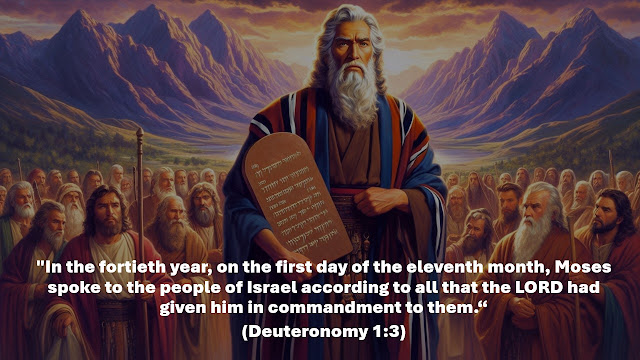Deuteronomy 2:1-15

Deuteronomy 2:1-15 recounts the narrative from Numbers 20 toward the end of the 40 year period. Now that the previous generation has passed, Israel is instructed to move northward through the land of the Edomites and Moabites in preparation for entering the Promised Land. However, they were not to battle the Edomites or Moabites, who were related descendants of Esau and Lot. Following are some reflections that may be beneficial to consider when studying this passage: Verses 1-3 Deuteronomy 1:46 & 2:1 cover about 38 years referred to as "many days." Now, God instructs them to travel northward in preparation for entering the Promised Land. What do these verses show me about God's timing? Verses 4-12 How do I determine which battles to fight or avoid? How has God been with me and provided for me through the "wilderness" experiences in my life (e.g., refer to v.7)? Learning that the Moabites defeated the Emim and the Edomites defeated the Horit...



